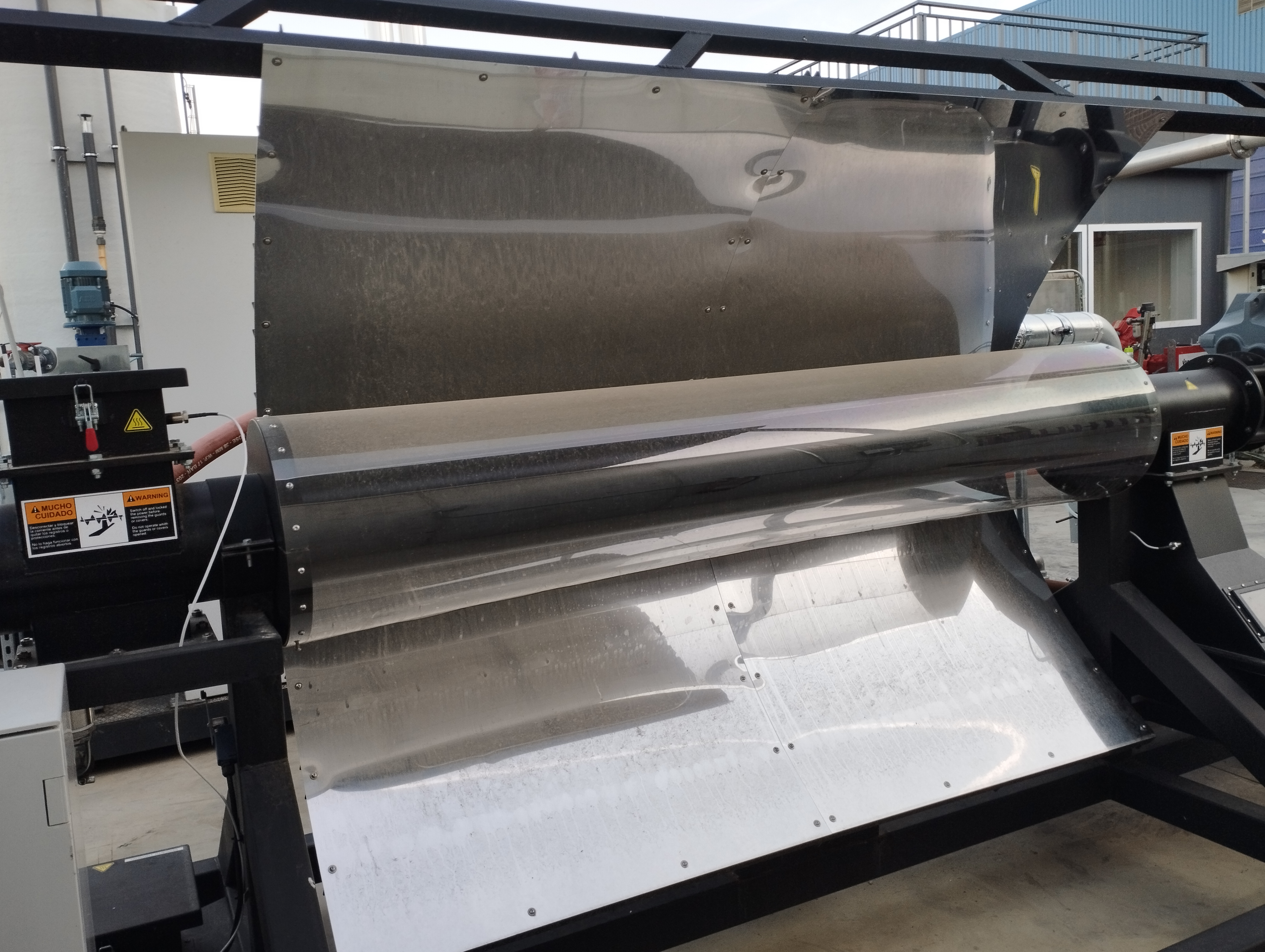INSECTUM: (Recovery of urban by-products and biowaste through bio-conversion with insects to generate innovative products in strategic sectors)
It is a project from CDTI’s CIEN programme, led by FCC Environment with the following also taking part: FERTINAGRO NUTRIENTES, BIOENTO FARM, DIBAQ DIPROTEG, POLYSISTEC and TRADICHEM as partners, as well as TECNALIA Research and lnnovation, LEITAT Technological Center, CTAQUA (Aquaculture Technology Center of Andalusia), CETIM (Multisectorial Research Technological Centre), VISAVET (Health Surveillance Centre) and the University of Zaragoza.
The overall budget of the project is 7.21M euros, with the part corresponding to FCC Medio Ambiente, S.A. being 1.54M euros. The latter has received aid for its Research and Development project of 1.32M euros through the Centre for the Development of Industrial Technology (CDTI).

The aim of the project is to investigate an innovative system for the recovery of urban bio-waste and agri-food by-products, based on their bio-conversion through insects, into high value-added products for industry, specifically for human food, nutraceutical/pharmaceutical, animal feed, fertiliser and chemical sectors.
This approach includes ensuring the viability, safety, and traceability for all the technologies and processes investigated in the project, as well as ensuring the acceptance and marketing of the new products obtained.
As part of this project, FCC Medio Ambiente is participating in the conditioning and supply of OFMSW (Organic Fraction from Municipal Solid Waste) for its subsequent recovery. In order to obtain a dehydrated substrate that facilitates its storage, conservation and transport, FCC Medio Ambiente has developed a solar pipe dryer that uses energy from solar radiation to eliminate the moisture from the biowaste.
During the year 2022, the solar dryer has been installed and commissioned at the Las Dehesas biomethanisation plant (Madrid).


Solar Pipe Dryer installed in Las Dehesas
Financed by:






